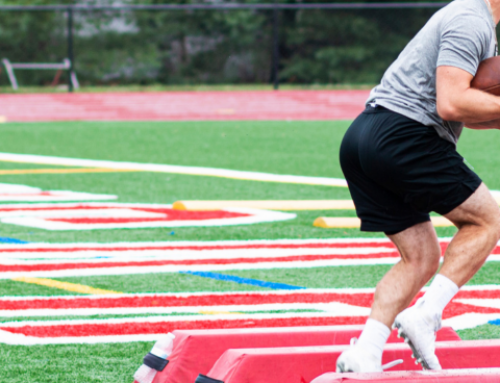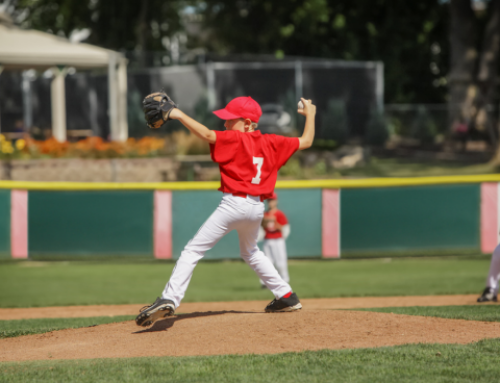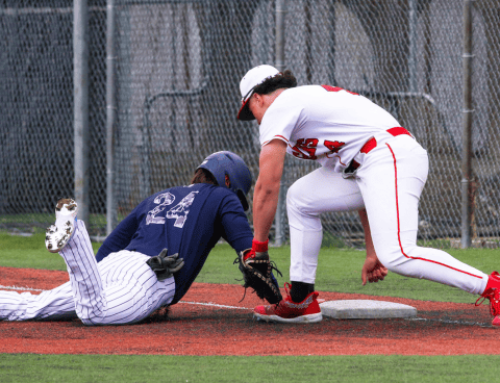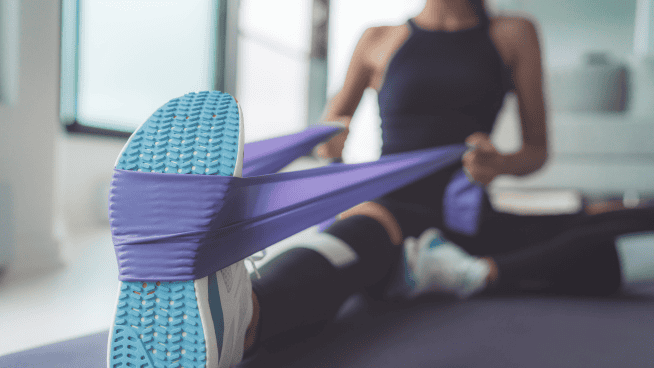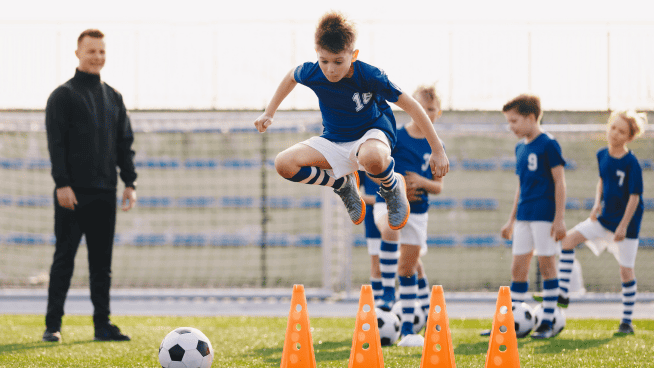![]()
Ask a musician: How do you get to Carnegie Hall? The reply: Practice, practice, practice! Likewise, success in sports involves plenty of practice and dedication.
Practice requires patience and perseverance to maintain and/or improve skills to be proficient on game day. In contrast, impatient athletes seek immediate results without investing the necessary time to achieve specific sports performance goals.
To gain hat essential mental and physical edge, cultivate the disciplinary mindset: Consistently practicing sports skills will effectively boost your game.
Below are various examples illustrating the value of patience for continually practicing sports skills and for also ensuring quality workouts.
Spending Extra Time after Regular Team Sports Practices
Practicing more field goals, punts, free throws, refining a wrestling maneuver, tossing a perfect curve ball, or perfecting a tennis serve, for instance, will optimize your skills throughout the season.
Putting in Additional Time in the Off-Season to Promote Your Vertical Leap
Performing more Plyo Box Jumps, Squat Thrusts, Burpees, Bulgarian Split Squats, Deadlifts, and Dumbbell or Barbell Squats builds the leg and hip explosiveness you need to jump higher to reach passes, block punts or field goals, or snag rebounds, for example.
Increase Your Endurance
Did you wear down late in games last season? Practice these in-season and off-season endurance drills: Perform as many Step-Ups as you can in two minutes; run up and down bleachers; sprint uphill rather than on flat terrain; take shorter rests between sets of exercises; do circuit training; or incorporate supersets in your workouts.
Exercise Patience Inside and Outside of the Weight Room
Realize that gaining muscle and strength is a long-term commitment, entailing several quality workouts coupled with quality recovery time between workouts. Quality workouts mean working out intensely while minimizing socializing or taking extended breaks between sets, or waiting around for an available machine, for instance.
Another way to practice patient (and safer) gym behavior is to not rush your workouts. Deliberately slow your lifting tempo with each repetition instead of using momentum and poor technique, which often produces muscle strains and other lifting-related injuries, thereby derailing your progress. Employing a smoother lifting tempo (without jerking the weight) helps you focus on the targeted muscle during the exercise, a safer approach for building size and strength.
Quality recovery time means consistently practicing productive sleep and dietary habits by regularly getting 8-9 hours of sleep and consuming healthy foods and beverages to promote growth.
READ MORE:
RECOMMENDED FOR YOU
MOST POPULAR
![]()
Ask a musician: How do you get to Carnegie Hall? The reply: Practice, practice, practice! Likewise, success in sports involves plenty of practice and dedication.
Practice requires patience and perseverance to maintain and/or improve skills to be proficient on game day. In contrast, impatient athletes seek immediate results without investing the necessary time to achieve specific sports performance goals.
To gain hat essential mental and physical edge, cultivate the disciplinary mindset: Consistently practicing sports skills will effectively boost your game.
Below are various examples illustrating the value of patience for continually practicing sports skills and for also ensuring quality workouts.
Spending Extra Time after Regular Team Sports Practices
Practicing more field goals, punts, free throws, refining a wrestling maneuver, tossing a perfect curve ball, or perfecting a tennis serve, for instance, will optimize your skills throughout the season.
Putting in Additional Time in the Off-Season to Promote Your Vertical Leap
Performing more Plyo Box Jumps, Squat Thrusts, Burpees, Bulgarian Split Squats, Deadlifts, and Dumbbell or Barbell Squats builds the leg and hip explosiveness you need to jump higher to reach passes, block punts or field goals, or snag rebounds, for example.
Increase Your Endurance
Did you wear down late in games last season? Practice these in-season and off-season endurance drills: Perform as many Step-Ups as you can in two minutes; run up and down bleachers; sprint uphill rather than on flat terrain; take shorter rests between sets of exercises; do circuit training; or incorporate supersets in your workouts.
Exercise Patience Inside and Outside of the Weight Room
Realize that gaining muscle and strength is a long-term commitment, entailing several quality workouts coupled with quality recovery time between workouts. Quality workouts mean working out intensely while minimizing socializing or taking extended breaks between sets, or waiting around for an available machine, for instance.
Another way to practice patient (and safer) gym behavior is to not rush your workouts. Deliberately slow your lifting tempo with each repetition instead of using momentum and poor technique, which often produces muscle strains and other lifting-related injuries, thereby derailing your progress. Employing a smoother lifting tempo (without jerking the weight) helps you focus on the targeted muscle during the exercise, a safer approach for building size and strength.
Quality recovery time means consistently practicing productive sleep and dietary habits by regularly getting 8-9 hours of sleep and consuming healthy foods and beverages to promote growth.
READ MORE:
[cf]skyword_tracking_tag[/cf]
